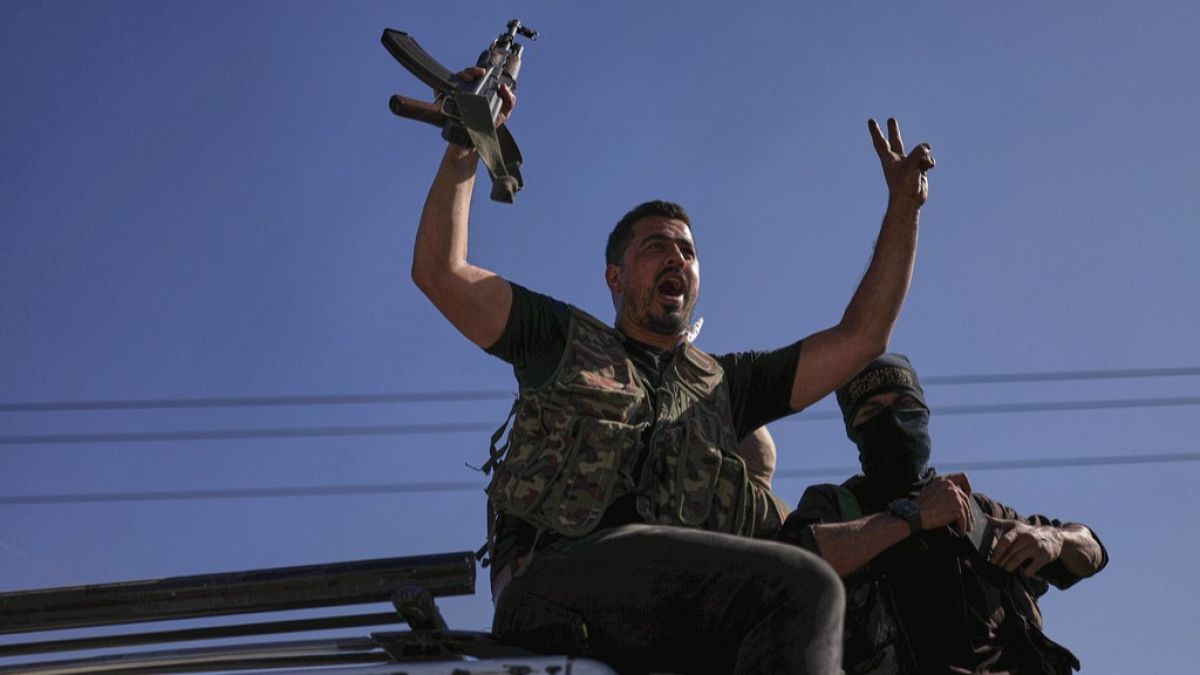

In a significant development towards regional stability, Israel and Syria have reached a ceasefire agreement. The accord, which comes amid ongoing turmoil involving the Druze minority and Bedouin clans in Syria’s southern Sweida region, marks a hopeful step forward in a landscape marred by conflict and humanitarian challenges. The agreement’s announcement has sparked cautious optimism, particularly given the backdrop of intense clashes that have led to widespread displacement and adversity for tens of thousands of people.
The region of Sweida has recently been the epicenter of violence, with a dispute between the Druze community and other tribes resulting in hundreds of casualties over the past week alone. The clashes have exacerbated the hardships in an area that has suffered the enduring impacts of over a decade of civil war. This tumultuous context heightens the importance of the ceasefire, which aims to curtail further violence and provide a window for humanitarian relief efforts to reach affected communities.
As the ceasefire takes hold, the international community watches closely, hopeful that the cessation of hostilities can deliver lasting peace and alleviate the distress of those caught in the crossfire. The United Nations and other international bodies remain poised to assist in stabilizing the region, providing support that is both humanitarian and diplomatic in nature, ensuring that the gains from this agreement are built upon in a sustainable manner.
Across the Mediterranean, meanwhile, negotiations concerning Cyprus have faced their challenges. The five-party talks, which seek to bridge longstanding divides, concluded without a resolution. The United Nations has committed to continuing its mediation efforts in September, reflecting a steadfast commitment to finding amicable solutions to this prolonged issue. Such persistence, even amid setbacks, reinforces the broader international endeavor to settle disputes through dialogue and mutual understanding rather than conflict.
This tandem of diplomatic activities underscores a collective drive towards resolving regional disputes and promoting peace. While the Cyprus talks did not yield an immediate outcome, the determination to resume discussions offers a positive signal that diplomacy remains alive and essential. These efforts highlight a fundamental principle: that dialogue, not discord, must guide interactions in times of tension.
As we reflect on these developments, it is essential to acknowledge the complexity and interconnectedness of regional conflicts. Initiatives such as the Israel-Syria ceasefire and the ongoing Cyprus negotiations play crucial roles in the broader fabric of peacebuilding efforts. They underline the potential of diplomacy to pave avenues towards harmony and uplift communities from the shadows of conflict.
In conclusion, the agreement between Israel and Syria, alongside the continued pursuit of resolution in Cyprus, illustrates vital progress and the international community’s unwavering commitment to peace. While challenges remain, these endeavors provide a foundation from which hope can flourish, ensuring a more stable and harmonious future for affected regions and their people.
Source: {link}
